A new report examines which students are accessing extra-curricular activities and the long-term outcomes of students who do participate.


A new report examines which students are accessing extra-curricular activities and the long-term outcomes of students who do participate.
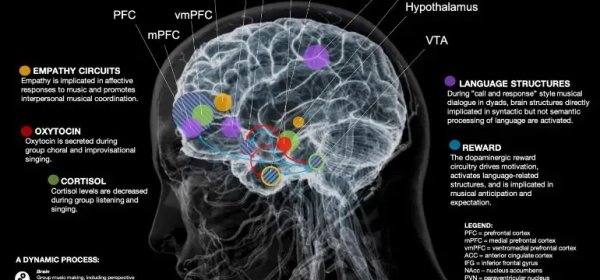
A team of social neuroscientists from Bar-Ilan University and the University of Chicago developed a model of the brain that focuses on what happens when
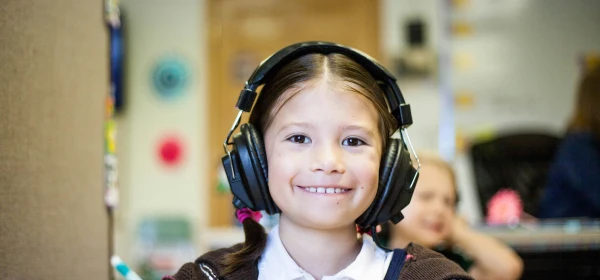
A study published by the University of Southern California (USC) explored the impact of music education programmes on middle school students (teens), including a programme of extra-curricular online popular music education. The study examined the impact of music on the five key areas of Positive Youth Development (PYD).

A new publication by the University of Adelaide highlights the benefits of music education for child development and well-being, particularly following the impact of the pandemic.

The Data Drummer website has a research section that, summarises the wellbeing benefits of drumming: from improving general cognitive health, to helping control impulsive behaviour to reducing the symptoms of trauma.

The report describes and evaluates the work of the world’s first disabled-led youth orchestra – essential reading for music educators looking to develop their understanding of inclusive music-making.
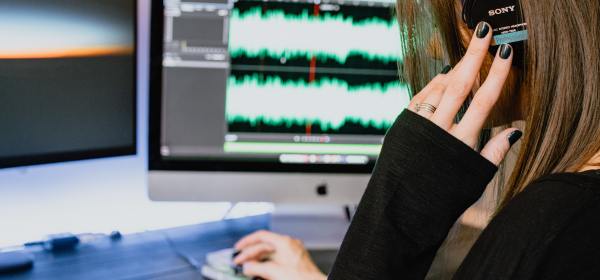
Music, with its playful, spontaneous, affective, motivational, temporal, and rhythmic dimensions can be of great help for studying the aspects of time processing in ADHD.

Engaging in musical activities such as singing and playing instruments in one-on-one therapy can improve autistic children’s social communication skills and increase brain connectivity in key networks.
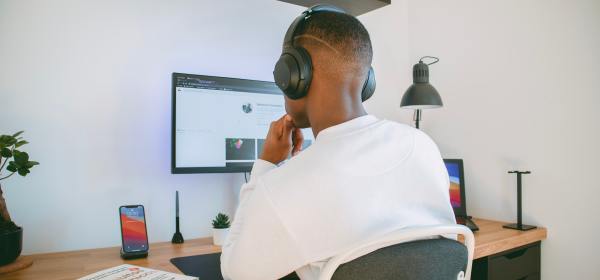
According to a team of researchers led by Florida International University, listening to music while studying may help some children with attention deficit hyperactivity disorder (ADHD).

Drumming for just 90 minutes each week can improve the life quality of young people diagnosed with autism, according to a study published in 2022.
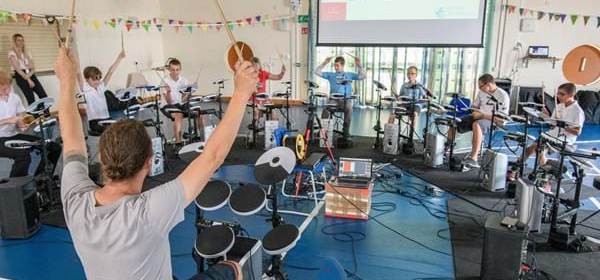
Drumming for one hour a week can help children diagnosed with autism and supports learning at school, according to a study published in 2018.

The latest research digest from the Centre for Cultural Value explores the role of arts and cultural programmes on young people’s mental health and wellbeing during the Covid-19 pandemic.